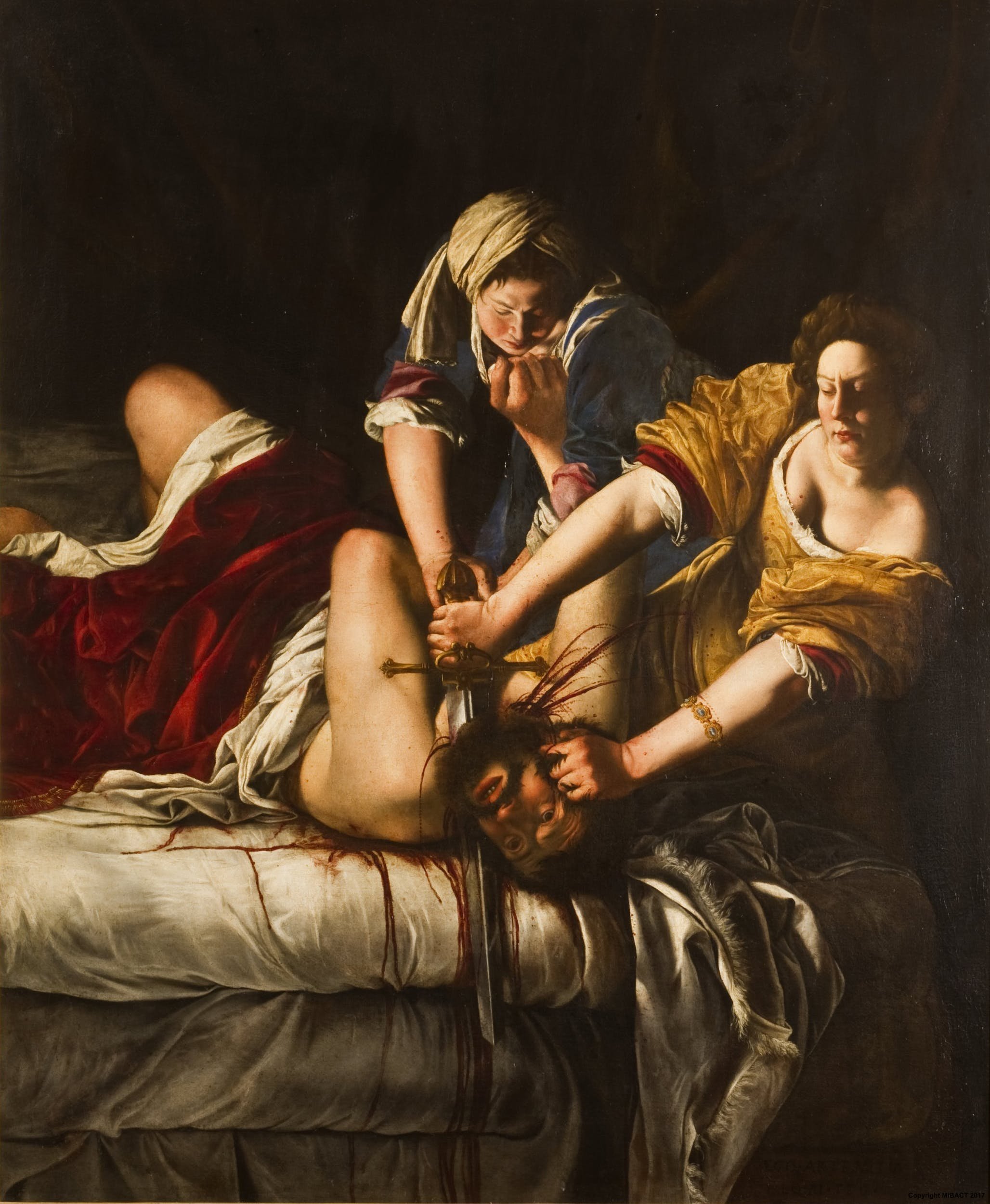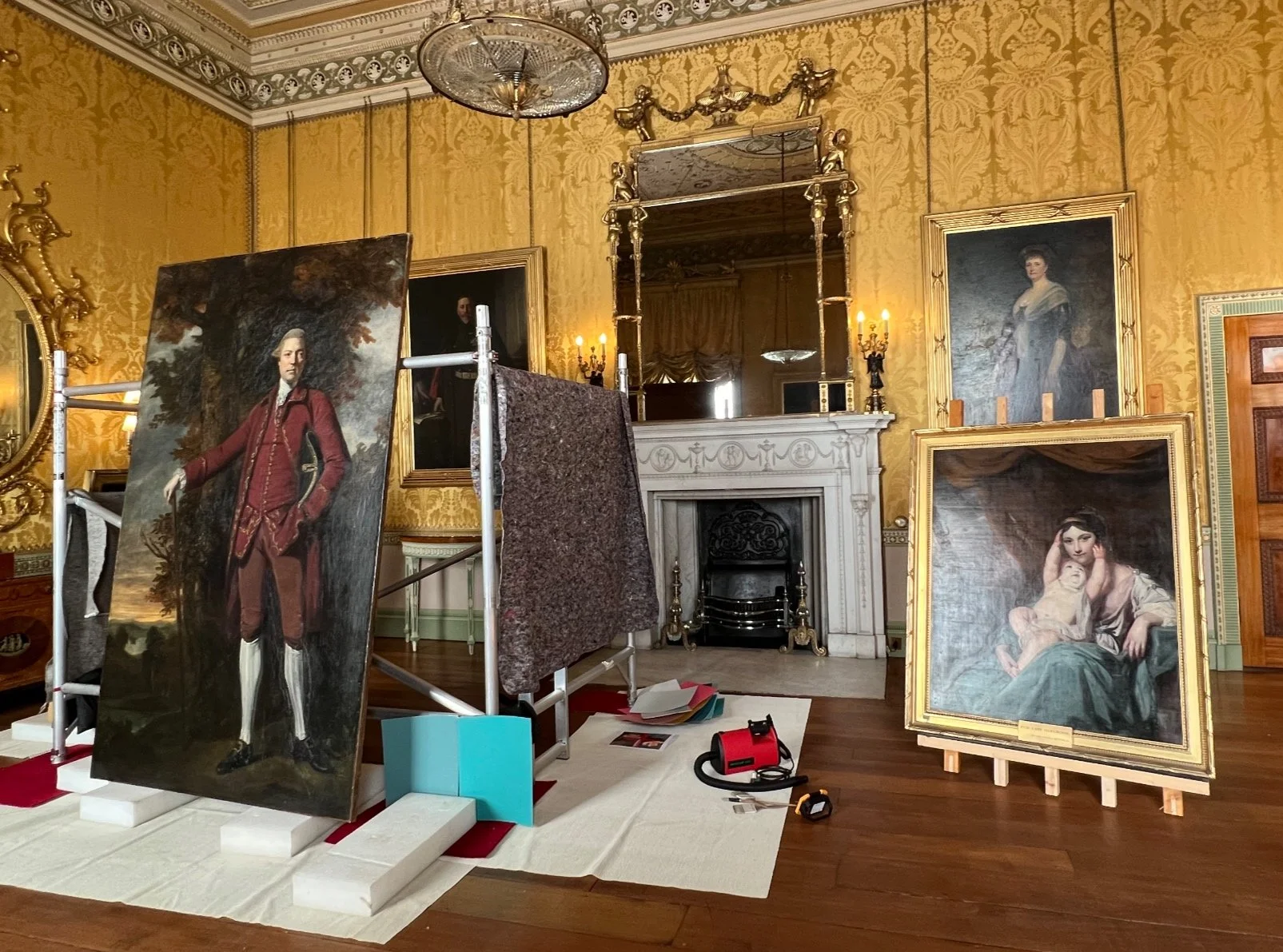Behind the Painting: Ophelia
John Everett Millais' 1852 painting Ophelia remains one of the most iconic works of British art. His masterful Pre-Raphaelite rendering of Shakespeare's doomed tragic heroine encapsulates themes of female agency, madness, and heartbreak with vivid naturalism. In this lush visual interpretation of Act IV, Scene VII of Hamlet, Millais elevates Ophelia from a secondary figure into the primary subject. Each delicate flower and bend of the riverbank works in symbolic harmony to immerse viewers in her tragic demise. Millais pioneered new techniques to capture Ophelia’s submerged form with sensitivity and astonishing attention to detail. The resulting painting takes on allegorical significance, transcending its literary origins through raw poetic force. Ophelia represents a critical masterwork at the intersection of Shakespeare, 19th century painting, and Pre-Raphaelite ideals. By tapping into the era's interest in tragic heroines, Millais invested classic themes with intimate psychological depth and transformed Ophelia’s death into an iconic vision that fundamentally shaped subsequent Symbolist art.
Behind the Painting: The Death of Marat
Jacques-Louis David's "The Death of Marat" is not just a historical painting; it's a powerful emblem of the French Revolution. In this exploration, we uncover the layers of symbolism within the artwork, examining how each element conveys a message, from the bathtub symbolizing purity to the knife detached from Marat's body signifying his innocence.
We also delve into David's execution of the painting, considering his mastery of Neoclassical style and his portrayal of Marat's physical condition. Additionally, we explore David's unwavering commitment to the revolutionary ideals, both as an artist and an active participant in the tumultuous era. Join us in deciphering the artistry and profound meaning behind "The Death of Marat" in the context of a revolution that reshaped the course of history.
Behind the Painting: Edward Hoppers’ Nighthawks and it’s Silent Commentary
"Nighthawks" by Edward Hopper, painted in 1942, is a renowned artwork that captures the essence of urban isolation. In this blog, we'll dissect the painting, explore its historical context, and uncover its meaning in a modern context. Join us on this journey into the night.
Artemisia Gentileschi: Adversity into Art
In the annals of art history, few names evoke as much intrigue and admiration as Artemisia Gentileschi. A remarkable 17th-century Italian painter, Gentileschi's life story is as captivating as her masterful canvases. Born into a world dominated by male artists, she defied convention and transformed her personal tragedies into potent art.
I briefly mentioned Artemisia Gentileschi in last weeks post, presenting her as one of the defining artists of the Baroque period. Today we uncover more behind this incredible artist
Baroque: An Artistic Era
The Baroque art movement, one of my personal favorite art movements that heavily influences my own work, was a period of extravagant creativity that emerged in Europe, spanning the 17th to the early 18th century. Known for its dynamic compositions, dramatic contrasts, and ornate details, Baroque art reflects the cultural and historical shifts of the time. This blog post delves into the essence of Baroque art, showcasing its key characteristics and highlighting its significant contributions to the art world.
Sir Joshua Reynolds: Unveiling Perspectives on Art, Skill, and Critique
This blog delves into the multifaceted world of Sir Joshua Reynolds, exploring the complexities of his art, his technical mastery, and the critiques that have followed him through the centuries. It begins with a contemplative journey into an exhibition at Harewood House, prompting a cascade of reflections on art's connection to history, power, and ethics. The author's encounter with a recent critique of Reynolds, juxtaposed with earlier viewpoints, sparks a discussion on the artist's portrayal. The critique often labels his elite portraits as 'soulless,' revealing tensions between technical excellence and emotional depth. Amidst this discourse, a pivotal question emerges: must art carry profound meaning, or does technical skill alone define an artist's excellence? The tension between narrative and technique shapes the ongoing debate about art's essence. Reynolds' contemporaries provide further insight into the belief that his commissioned works deserve better recognition. Evaluating his art within contemporary standards prompts consideration of historical context and artistic evolution. Ultimately, this blog offers diverse viewpoints on Reynolds, fostering an understanding of his legacy while encouraging readers to form their own opinions.
Harewood House: Reframing Reynolds
In the vibrant tapestry of art and history, Harewood House stands as a significant landmark, reflecting the legacy of the Lascelles family. The elegant country house, nestled in Harewood, West Yorkshire, England, is more than just an architectural marvel—it's a repository of stories, personalities, and the masterful strokes of celebrated artist Sir Joshua Reynolds. As we commemorate the 300th birth anniversary of Reynolds, Harewood House embarks on a journey to unveil the profound artistic contributions and socio-historical narratives embodied within six remarkable portraits of the Lascelles family. I had the pleasure of revisiting Harewood House yesterday to explore this remarkable exhibition. Join me as we embark on a journey through its captivating displays:
Revolutionary Pigments: How Synthetic Colours Transformed Art Movements
In the world of art, colors have held extraordinary power in the ways they can convey emotions, evoke response, and capture a moment in time. Throughout history, artists have consistently sought out new ways to enhance their creative practice whilst acknowledging a balance between ethics and aesthetics. Synthetic pigments have played a huge role in creating a wide palette for artists to utilize, having the ability to produce incredibly vibrant and vivid colours which dominate the paint market today. While these pigments provide more affordable options, questions regarding the sustainability of their manufacturing process raise ethical concerns. Join us on a journey to explore the ascent of synthetic pigments, their profound impact on art, and their implications on our world.
Behind the Painting: Unveiling the Layers of Meaning in Stańczyk
Uncover the hidden narratives within Jan Matejko’s ‘Stańczyk’ as we delve into history, symbolism, and profound emotions. Join our journey through artistry and explore the enduring significance of this masterpiece, a symbol of resilience and defiance. Welcome to “Behind the Painting”









